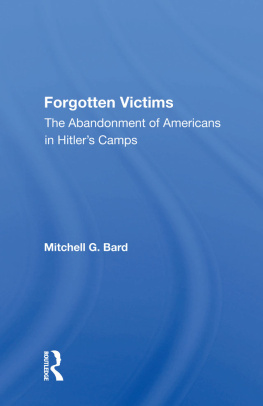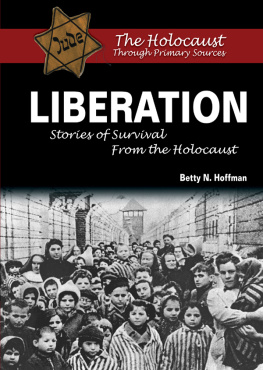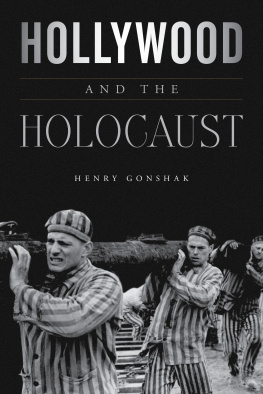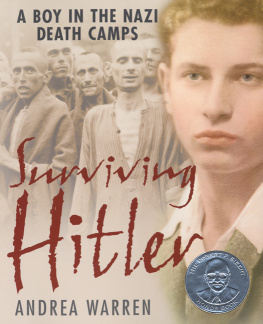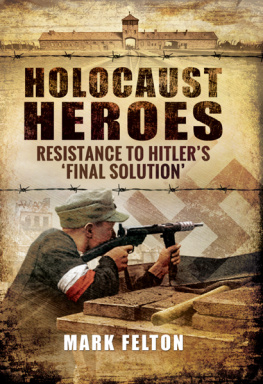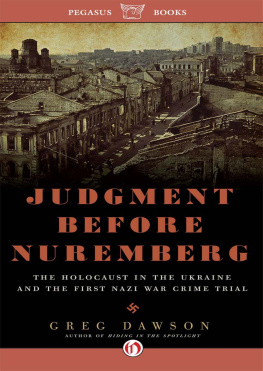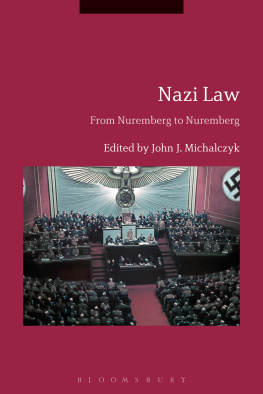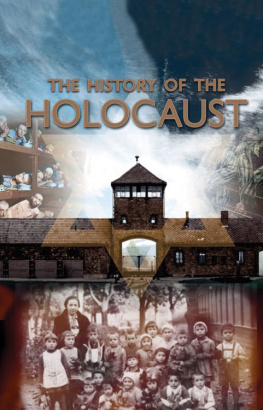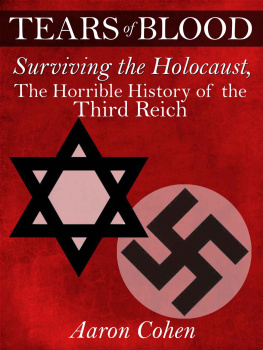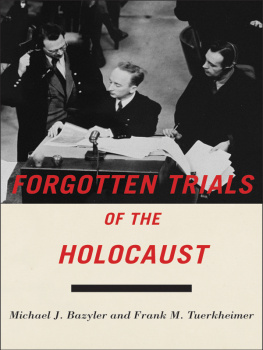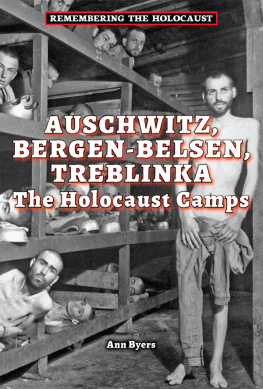War, Culture and Society
Series Editor:
Stephen McVeigh, Associate Professor, Swansea University, UK
Editorial Board:
Paul Preston LSE, UK
Joanna Bourke Birkbeck, University of London, UK
Debra Kelly University of Westminster, UK
Patricia Rae Queens University, Ontario, Canada
James J. Weingartner Southern Illimois University, USA (Emeritus)
Kurt Piehler Florida State University, USA
Ian Scott University of Manchester, UK
War, Culture and Society is a multi- and interdisciplinary series which encourages the parallel and complementary military, historical and sociocultural investigation of 20th- and 21st-century war and conflict.
Published:
The British Imperial Army in the Middle East, James Kitchen (2014)
The Testimonies of Indian Soldiers and the Two World Wars, Gajendra Singh (2014)
South Africas Border War, Gary Baines (2014)
Forthcoming:
Cultural Responses to Occupation in Japan, Adam Broinowski (2015)
9/11 and the American Western, Stephen McVeigh (2015)
Jewish Volunteers, the International Brigades and the Spanish Civil War, Gerben Zaagsma (2015)
Military Law, the State, and Citizenship in the Modern Age, Gerard Oram (2015)
The Japanese Comfort Women and Sexual Slavery During the China and Pacific Wars, Caroline Norma (2015)
The Lost Cause of the Confederacy and American Civil War Memory, David J. Anderson (2015)
Raymond G. Helmick, S.J.
This book, a culmination of what John Michalczyk has done over several decades about the Holocaust, much of it in films and publications, deals in the most practical way with the effect of the film medium in dealing with this horror. The Allies employed film at the end of World War II as they sought a process to come to terms with the mass killings. The International Military Tribunal, which they established well before the end of 1945 to conduct the trials at Nuremberg, made extensive use of evidentiary film, and since then that same film has held the attention of interpreters and commentators. The screening of these films has played a key role in shaping public response to the Holocaust, in the United States, Germany and elsewhere.
As a Jesuit who did his theology studies in Germany somewhat later, 19604, I can attest myself to the impact the raw data that films of which you will read in this book made on my fellow students. Attending the Frankfurt Auschwitz Trial (19635) I witnessed that the Holocaust was still most relevant. Frequent occasions were also still found to show films about the concentration camps to remind Germans of this tragedy. When I reflect now on the study by Donald Shriver on the ways todays German culture embodies remembrance of Nazi crimes, I am reminded how these films will have been shown, throughout their education, to generations of younger Germans.
Eventually the images of the atrocities and serious violations of human rights worked their way into such films as Schindlers List, Amen., and The Pianist, which have made this fearful chapter of our history intelligible to the people of more recent times. But their most important impact originally was as direct visual evidence against the Third Reich during the Nuremberg Trials of 19456 to reinforce the countless records and other National Socialist Party documents produced by the leaders. The attitudes of the three commanding powers toward the Nuremberg Trials differed enormously. The British would have been happier simply to execute the foremost Nazi leaders out of hand, reminiscent perhaps of the way they had confronted colonial uprisings. It was for the Americans, eventually Roosevelt at Yalta and then Truman, to insist that there must be trials and a legal process for judgment on the perpetrators of these staggering crimes. The Soviets agreed casually because, like the Nazis themselves, they were thoroughly cognizant of the uses of show trials. They approached the International Military Tribunal as simply a pretense for executions that would be a foregone conclusion.
This mindset affected the quality of the films that were shown during the trials. They were offered as both pedagogical and evidentiary. While it was easy enough to edit film at that time, there were not the sophisticated ways of manipulating images that are familiar to filmmakers today. Chief Justice Robert H. Jackson of the United States Supreme Court, who would be the leading figure in the court, insisted on the use of authenticated film, features as well as documentaries produced by the Nazi Party. Jackson, asked by Truman to accept the role of US Chief of Counsel, had become familiar with the work of Raphael Lemkin, Axis Rule in Occupied Europe: Laws of OccupationAnalysis of GovernmentProposals for Redress, and his striking new term to describe these crimes as genocide. Jackson was fully aware of the dangers of instituting a mere instrument of victors justice, of which these trials would be suspect since they would institute new international laws in the aftermath of victory. He would not yet have been aware of the observation by Guy Liddell, head of counter-intelligence in Britains MI5, that the Soviets, who would sit in judgment on the Nazis, had been doing the same things for twenty-eight years that the Nazis had done for fourteen.
What sort of films, then, had Jackson and the other masters of the proceedings to work with prior to the establishment of the International Military Tribunal? The Nazis themselves, in their meticulous way, had preserved scenes of episodes of the brutality of the camps, as well as the Warsaw Ghetto, and show trials like that of the July 20 plotters in the assassination attempt against Hitler. Much of the material, unfortunately for the prosecution, was later destroyed by the Nazis in order to eliminate traces of their evil deeds. The Allies, as they liberated one death camp after another, had filmed extensively the handiwork of the perpetrators, including the famous spectacle of dead bodies being bulldozed, tumbling one over the other, into mass graves at Bergen-Belsen. Scenes of decomposing bodies so horrified General Dwight D. Eisenhower that he wanted the civilized world to know about it, as will later be discussed in detail. These images would eventually become the climactic horror in countless films on the Holocaust. The films of liberation were crucial as visual testimony and were not to be tampered with in any way. The Soviets had similar experience, with their master filmmaker Roman Karmen recording every detail of Nazi atrocities, and each film carried a sworn affidavit of authenticity. The Soviet film in the eyes of the West, however, had to be treated generally with the suspicion that it had been edited in the ways familiar for show trials and so reduced to propaganda.
Propaganda use of such film footage was and remains a constant hazard. The Nazis themselves had known how to use film as propaganda for their campaign against the Jews, especially with The Eternal Jew and Jud Sss, both released in 1940. The brilliant films of Leni Riefenstahl had been staples of the Nazi presentation of themselves as icons of Germanys rebirth after the humiliations of World War I and the Versailles Treaty. Riefenstahls films, considered as art, historical documentation, and/or propaganda, were produced hand-in-hand with the political planning of the various National Socialist congress rallies. Given this close rapport of Riefenstahl with the Nazi hierarchy, Budd Schulberg would eventually consult Riefenstahl herself as he prepared his historical film presentation on


